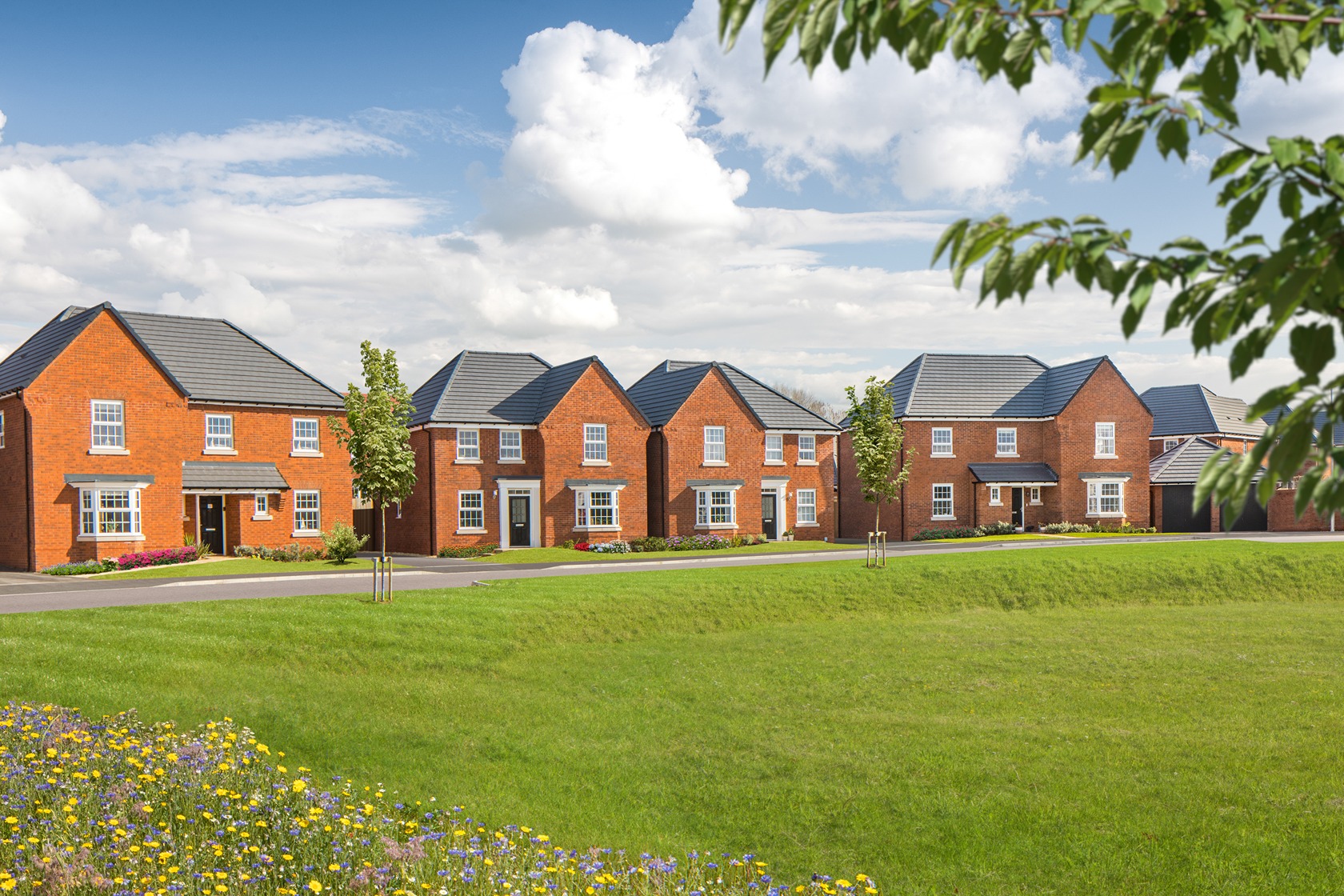First time Buyers Guide
Who qualifies as a first-time buyer?
What is a mortgage?
A mortgage is a loan from a bank or building society towards the total cost of a house. Most run for 25 years but can be shorter or longer. It’s secured because the bank has the right to withdraw it if you can’t keep up with the monthly repayments.How much deposit do I need to buy a home?
You may be able to buy a home with a 5% deposit, though most lenders will require a 10% deposit. For example, if your property costs £130,000, you’ll need to save at least £13,000. Your lender will lend you the remaining 90%, known as Loan-to-Value (LTV).
The bigger your deposit, the more mortgage deals you can access.
Things to do before applying for a mortgage
Below are a few things you can do to increase your chances of getting a mortgage.
1. Check your credit score
Your credit score is a description and prediction of your financial behaviour. It’s one of the first things lenders will look at when you submit your mortgage application, so it’s a good idea to check it beforehand.
2. Ensure you can afford your monthly payments
The next step is to ensure you can afford your monthly repayments on top of other expenses like utility bills, food and leisure. We recommend setting a budget before you start viewing properties.
3. Browse the different mortgage types
From fixed and variable-rate mortgages to discount and tracker mortgages, finding the right one for you can be hard. Our comprehensive guide to the different mortgage types takes you through each to help you make the right decision.
4. Consider the other costs of buying a home
You may need to pay other fees when buying your first home, including the following:
• Conveyancing or solicitor
• Estate agent
• Insurance
• Valuation
• Survey
• Stamp Duty
• Removal
Our guide to the costs of buying a new home explores each in detail.
Stages of the mortgage application process
Here, we outline the most important stages of the mortgage application process and their timeline.
| Task | Time |
| Finding the right mortgage |
1-3 days |
| Getting a mortgage in principle |
24 hours |
| Applying for a mortgage |
3-6 hours |
| Getting your mortgage valuated |
1-2 weeks |
| Receiving a mortgage offer |
2-4 weeks |
Help for first-time buyers
As a first-time buyer, you may be eligible for unique low-deposit schemes.
Deposit Boost
If you already have a 10% deposit, we can top it up by 5%. This means you will have a total deposit of 15% to put down on your new home.
Deposit Unlock
Deposit Unlock lets first-time buyers buy a new home with a 5% deposit up to the value of £750,000.
Kickstart
Kickstart is a shared ownership scheme that helps you buy up to 75% of a brand-new home while paying rent on the remaining share.
Parent Power
Parents can help you with your deposit, guarantee your mortgage or act as a joint loan applicant. We can match your deposit up to a maximum of 5% of the purchase price.
First Homes
With this Government-backed scheme, you can buy a home with a 30% discount on the market value. The offer is available on homes of up to £250,000 (£420,000 in London) after the discount is applied.
Our David Wilson homes are energy-efficient and sustainable, with thermally efficient insulation and argon-filled double-glazed windows. Browse our brand-new properties across the UK, including stylish 2 and 3 bedroom new houses.
Call our Sales Advisers to reserve your new home today.
First Time Home Buyers FAQs
-
There is no single "best" first-time buyer scheme; it depends on individual circumstances and preferences. Popular schemes among first time buyers include; deposit unlock, deposit boost scheme, and Help to Buy - Wales.
-
In the UK, a first-time buyer is defined as someone who has never owned a residential property before, whether in the UK or abroad.
-
The stamp duty amount on your first home can vary depending on the purchase price and the current government regulations. First time buyers do not pay stamp duty if the property is £425,000 or under. 5% Stamp Duty is payable on properties between £425,000 and £625,000. No tax relief is available on properties over £625,000.
-
The required deposit amount for first-time buyers can vary depending on various factors, such as the property's value and the lender's policies, but typically ranges between 5-20% of the property's purchase price.
Help to Sell Schemes
We have a range of schemes to help you sell your existing home.
Parent Power
Parents can also help. Typically they (or a close family member) could help you with your deposit, or guarantee your mortgage, or act as a joint applicant.
Low Deposit Schemes
If you have a low deposit, we have a variety of schemes to help make moving more affordable.
Key Worker Scheme
We could help make your move with our Key Worker Deposit Contribution Scheme.
Own New - Rate Reducer
Own New - Rate Reducer is a brand-new scheme available on new build homes that could mean lower mortgage rates and reduced monthly payments.
Part Exchange
We could be your guaranteed buyer. No stress or fuss, just an easy move for you and your family.




